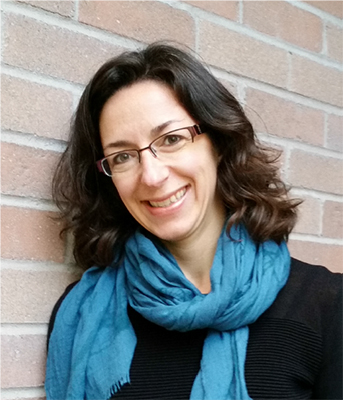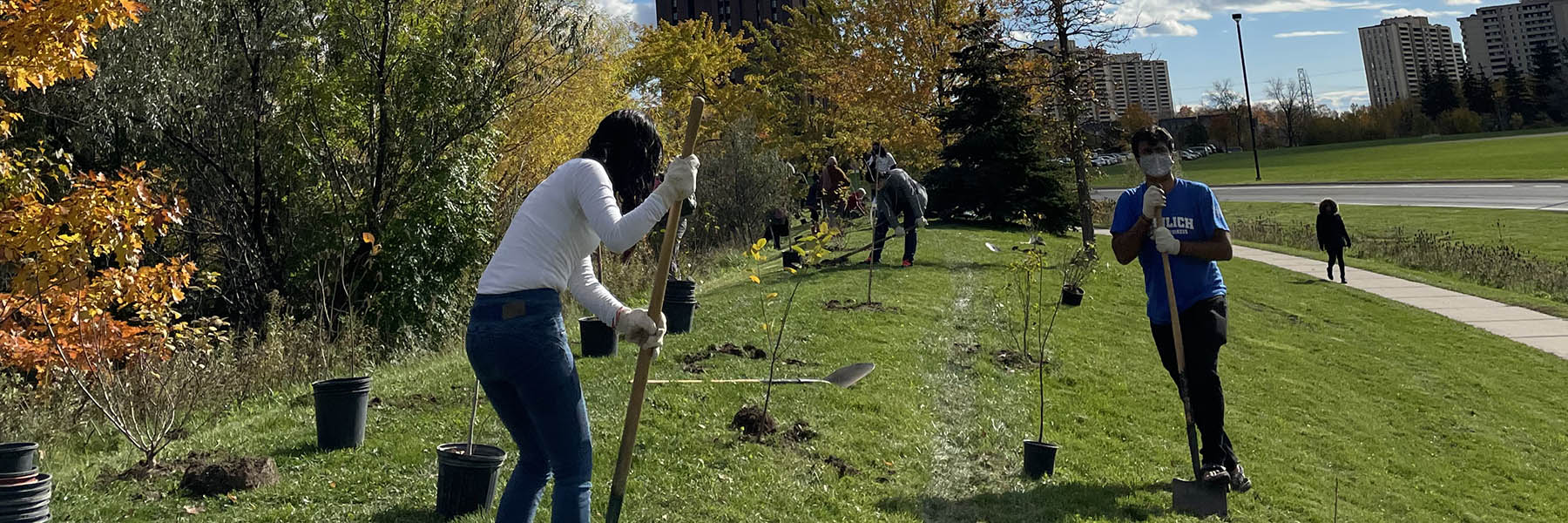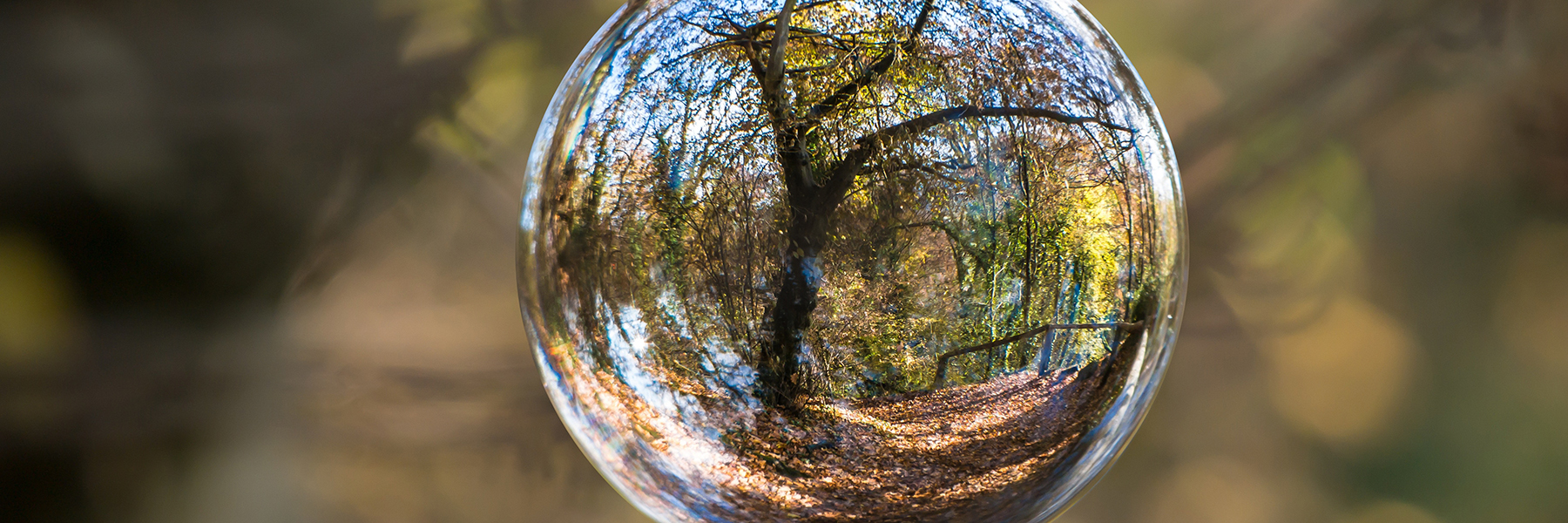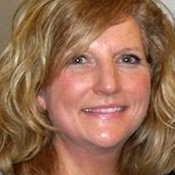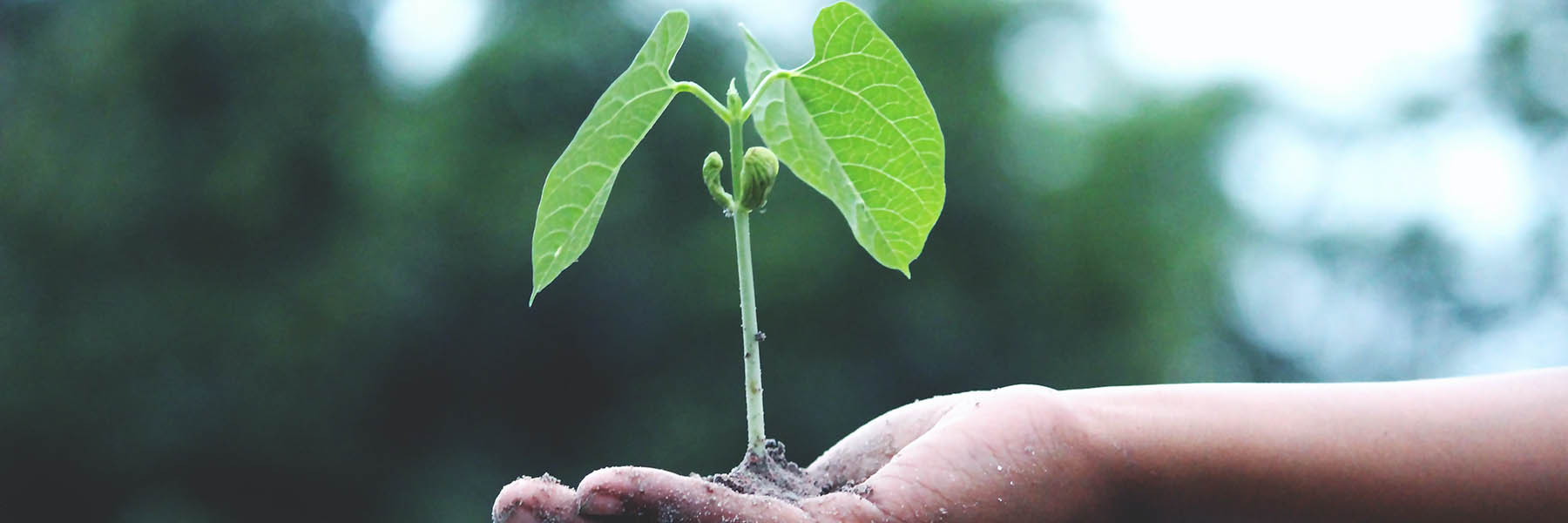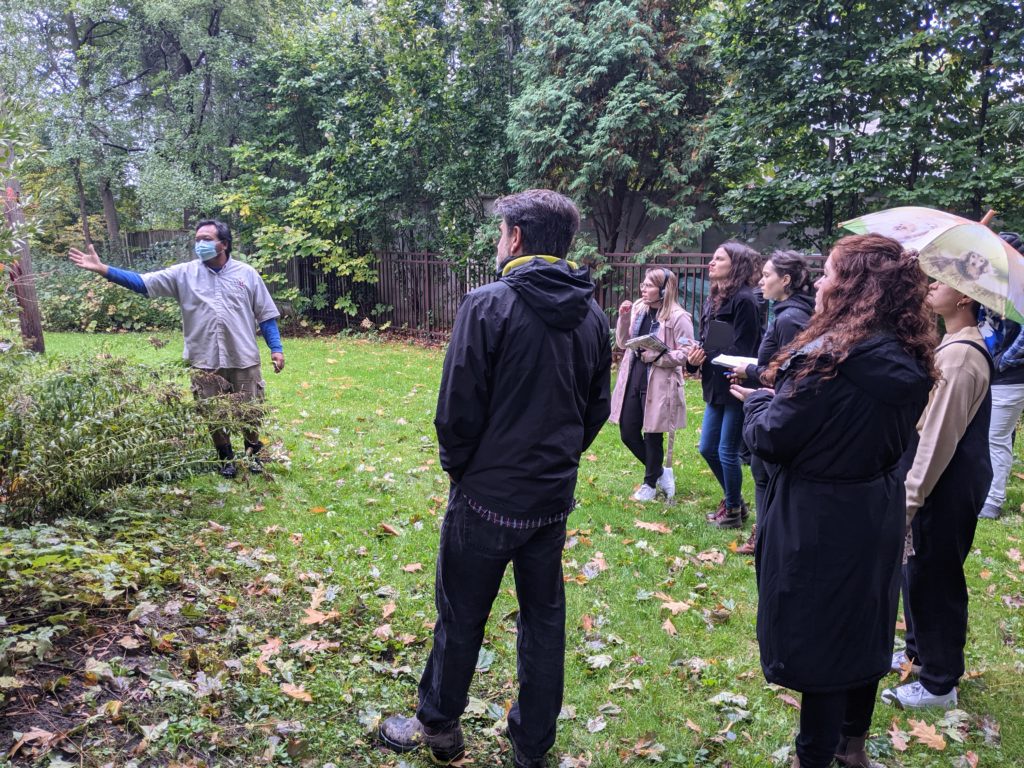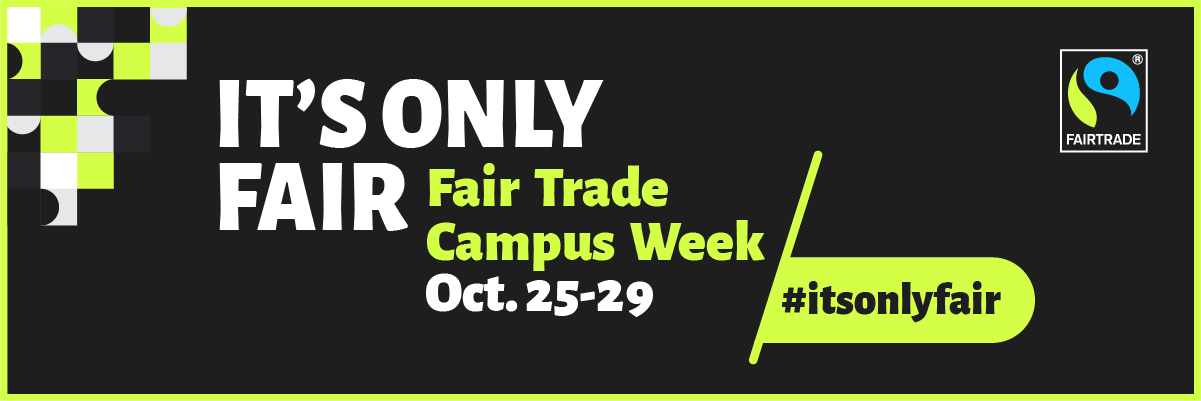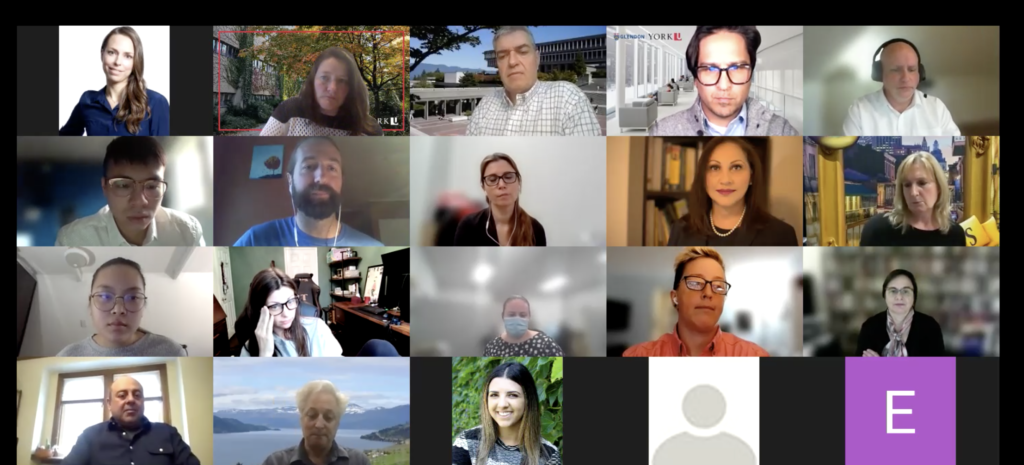A new Educational Studies capstone course created by Faculty of Education Professor Celia Popovic is broadening students’ horizons into possible careers in educational policymaking, the psychology of education, teaching and adult education.
By Elaine Smith
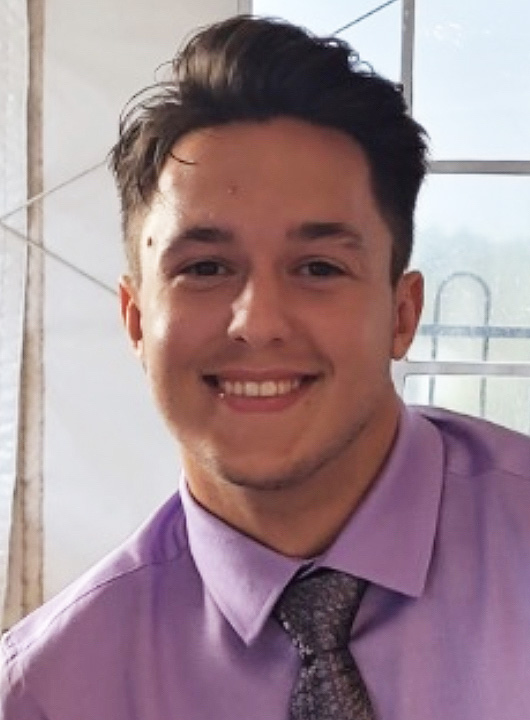
Taking the capstone course for his Bachelor of Arts (BA) in Educational Studies program has exponentially increased James Garrish’s certainty that he’ll find employment post-graduation.
“I know if one door closes, another will open,” says Garrish, who will graduate from his BA program this year and earn his concurrent BEd next year. “I’m super happy I took this course. I have a better outlook on opportunities. When you are single-minded, you don’t realize the possibilities, but this course opened my eyes.”
Broadening her students’ horizons is one of the reasons Professor Celia Popovic created the fledgling capstone course in Educational Studies; she also wants them to apply all that they have learned from the program to the course’s projects.

“The BA Educational Studies differs from a Bachelor of Education (BEd) degree, which trains students to be classroom teachers,” said Popovic, who teaches in the Faculty of Education. “The Educational Studies program looks at all aspects of education, including policy, the psychology of education, teaching and adult education.
“Of my 100 students each year, about two-thirds enter the program with the intent of doing a BEd, too, so they can teach. Many don’t think beyond that and aren’t familiar with other choices.”
To make her students aware of some of these choices, the course’s projects focus on exploring other career options by interviewing professionals in those related fields and creating a web product to offer information about those careers to other interested students. The class is assigned three of these projects during the full-year course, working in groups of four-to-six students to formulate interview questions, interview someone in a particular profession and collaborate on the product. The students are also responsible for a weekly guided reflection on their experiences. Popovic prompts them with questions that help them make sense of what they’re learning by doing the projects and of the program as a whole.
For the inaugural year of the course, Popovic reached out to her connections – people she felt would be willing to add an interview to their already busy pandemic schedules and would be comfortable being interviewed remotely. The careers her students investigated this year include educational developer, educational publishing, librarian, guidance counselling and university recruitment, as well as the classroom teacher.
“Next year, I have more ideas and am looking for contacts in other areas relevant to the BA Educational Studies, such as arts educators and youth workers,” she said. “I encourage anyone with connections in a related area to get in touch with me.”
Darren Duya, who is completing an honours BA Educational Studies this year, is trying to decide what type of position he wants to pursue after graduation and finds the capstone projects very useful.

“I originally wanted to be a teacher, but I’ve decided to take a different path,” Duya said. “It’s great to see these different perspectives and learn how the people got there. I’m finding that it’s common to just let things happen and to learn as you go along.”
The course also requires the students to do a community-based project such as creating lesson plans for a summer program or doing applied research – also as part of a group.
“Group work is such an important skill to have; it sets the students up for success,” Popovic said. “I want them to learn and to make mistakes in a safe environment.”
As for the website that contains the students’ distillation of what they’ve learned about various careers, Popovic believes it’s a more valuable product than standard essays would be.
“Traditionally, students put their effort into essays that are seen by only one or two people,” she said. “I wanted them to create something with value in its own right. Ostensibly, the audience for the website is high school students, but it’s also very useful to our students who are thinking about job opportunities.”
Garrish wholeheartedly agrees.
“I never even thought of these other options,” he said. “I didn’t realize there were so many possibilities with a general education degree. After this, I feel that even if I don’t get a teaching job, I’ll be able to pursue one of these positions and enjoy it.”




